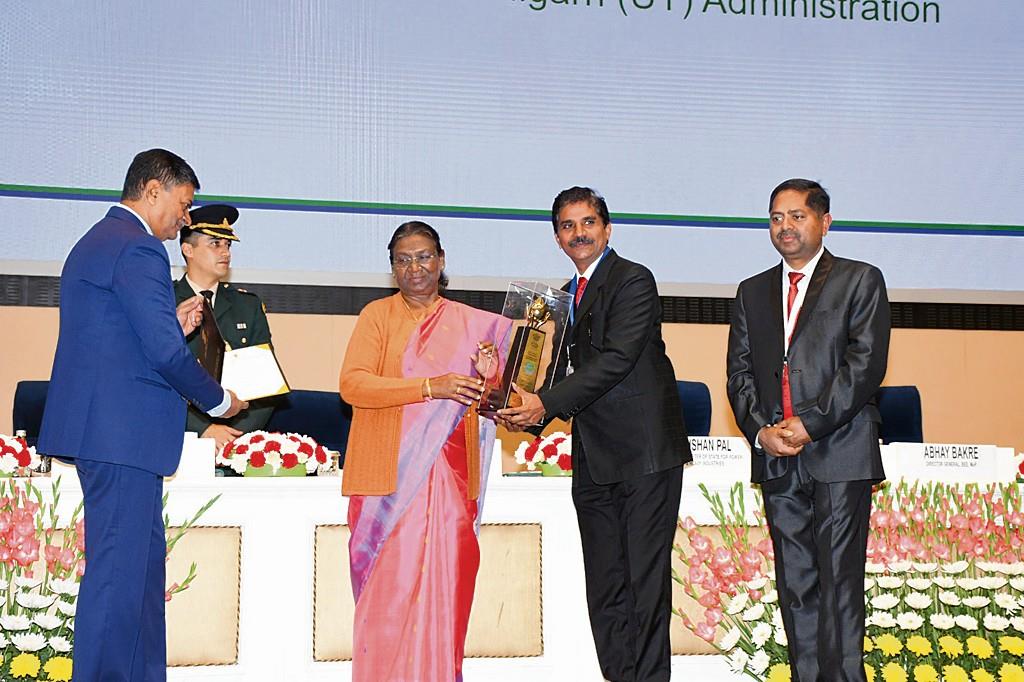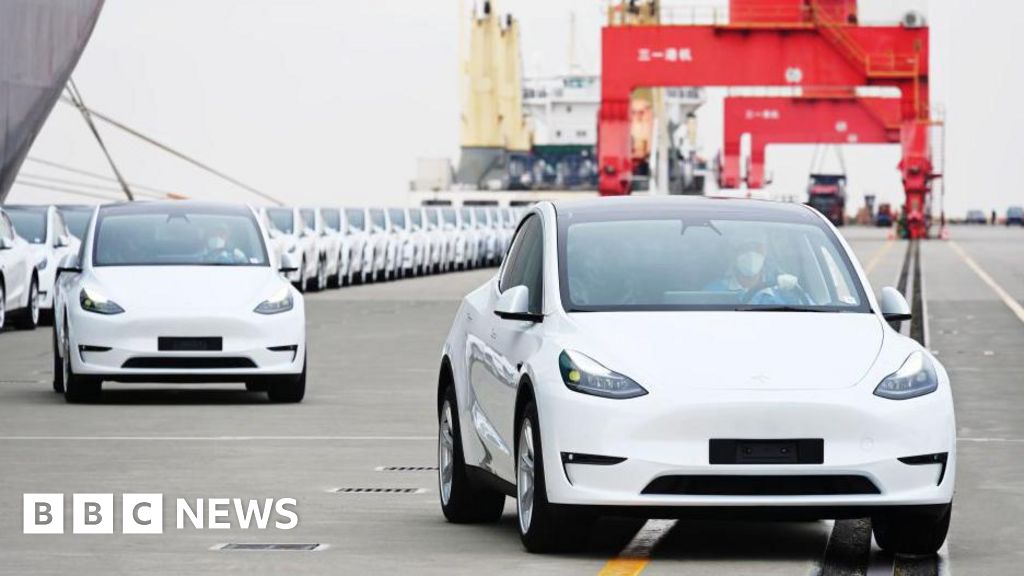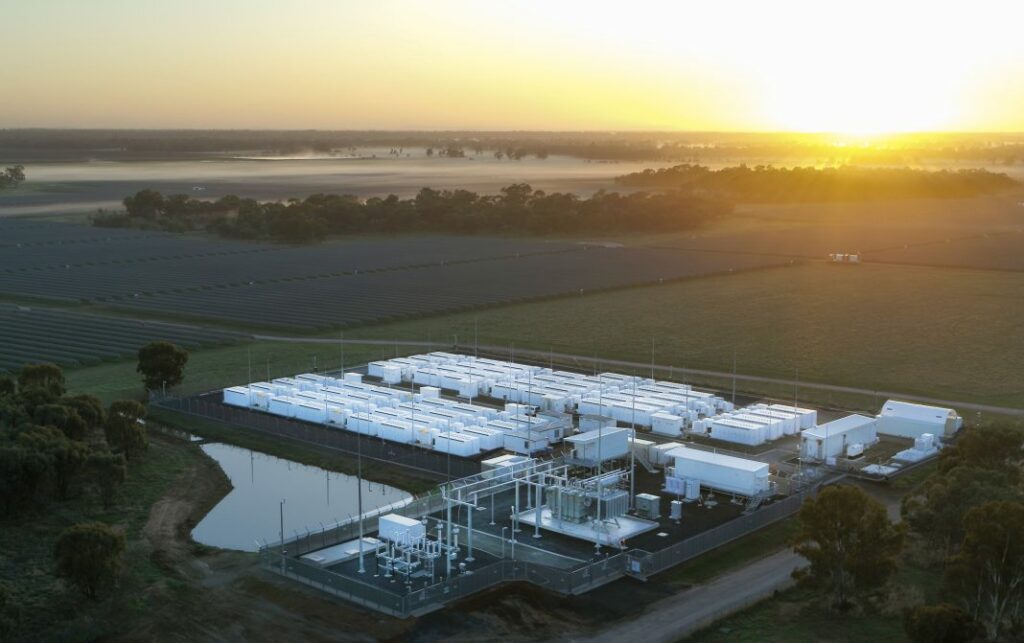The Chandigarh Administration has secured the first prize in the State Energy Efficiency Index (SEEI) for the second consecutive year, highlighting its commitment to energy conservation and efficiency.
Overview of State Energy Efficiency Index (SEEI)
SEEI serves as a vital measurement tool for evaluating and comparing the annual energy efficiency performance of different states and Union Territories (UTs) in India. Developed by the Bureau of Energy Efficiency (BEE) in collaboration with the Alliance for an Energy Efficient Economy (AEEE), SEEI aims to promote sustainable energy practices nationwide.
National Energy Conservation Awards
BEE organizes the National Energy Conservation Awards annually in New Delhi to recognize outstanding achievements in energy conservation. The award ceremony, held at Vigyan Bhawan, New Delhi, featured President Draupadi Murmu as the chief guest.
Consecutive Recognition for Chandigarh
Chandigarh received the first prize in the Group 4 category for the second year, demonstrating consistent excellence in energy efficiency. Dr. Vijay Namdeorao Zade, Secretary, Finance/Engineering, UT, and CB Ojha, Chief Engineer, Engineering Department, were presented with the award by President Draupadi Murmu.
Objective of SEEI
The primary objective of SEEI is to drive a transition toward a sustainable and efficient energy landscape. By assessing various factors such as energy consumption patterns, energy production, policies, renewable energy adoption, and infrastructure, SEEI encourages states to optimize energy consumption, reduce waste, and contribute to a resilient and environmentally conscious society.
Key Factors Assessed by SEEI
The assessment conducted by SEEI covers energy efficiency practices in building, industry, transport, municipal sectors, and cross-sectors. Factors such as energy-saving policies, renewable energy usage, and overall energy efficiency initiatives are crucial components of the evaluation process.
Chandigarh’s consecutive first-place achievement in SEEI reflects its dedication to fostering energy efficiency and conservation practices, setting a positive example for other regions to follow.
Source: tribuneindia.com





